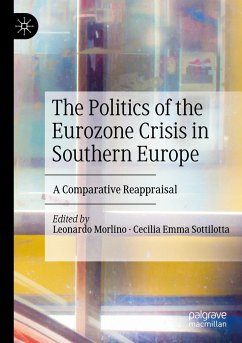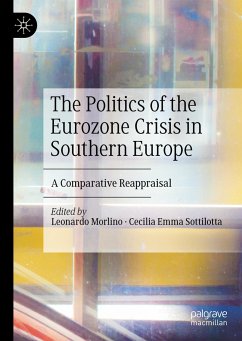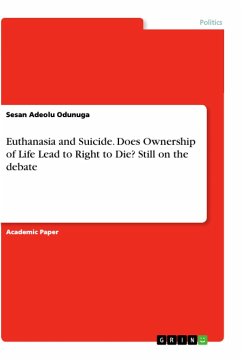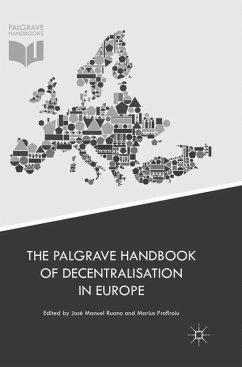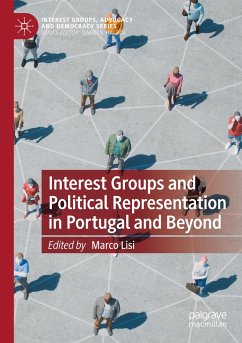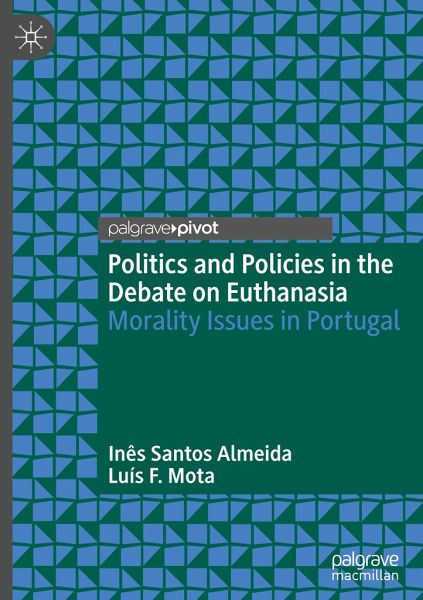
Politics and Policies in the Debate on Euthanasia
Morality Issues in Portugal

PAYBACK Punkte
17 °P sammeln!
This book analyses the political and public debates about euthanasia in Portugal. Utilising petitions submitted to Parliament, legislative bills, parliamentary debates, opinion articles in newspapers, and documents published by the Catholic Church, it examines this sensitive issue through the theoretical lens of morality politics. It does so by studying the process of political dispute between advocacy coalitions formed by political parties and societal actors. This is the first book to comprehensively analyse a morality issue in Portugal, a predominantly Catholic country that has taken an inn...
This book analyses the political and public debates about euthanasia in Portugal. Utilising petitions submitted to Parliament, legislative bills, parliamentary debates, opinion articles in newspapers, and documents published by the Catholic Church, it examines this sensitive issue through the theoretical lens of morality politics. It does so by studying the process of political dispute between advocacy coalitions formed by political parties and societal actors. This is the first book to comprehensively analyse a morality issue in Portugal, a predominantly Catholic country that has taken an innovative and liberal stance on many morality issues over the last two decades. It will appeal to students and scholars of sociology, political science, public policy and bioethics, as well as policymakers and other interest groups.





